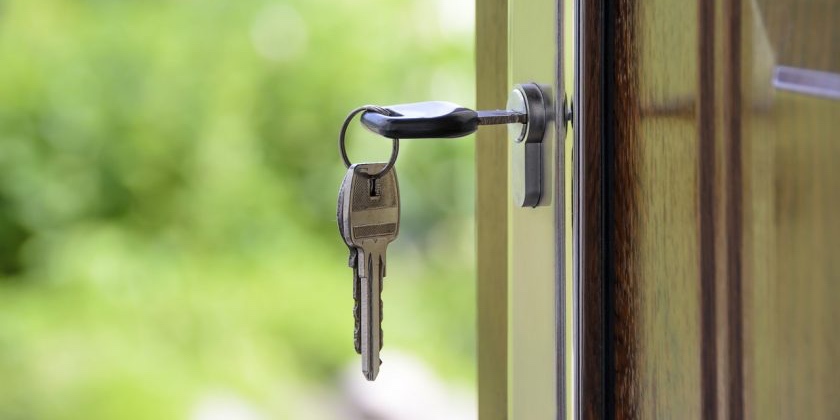Unaffordable housing risks harming health and well-being in Wales

More needs to be done to make homes affordable, to protect the health and well-being of everyone in Wales.
In a new report, Public Health Wales highlights how the cost of living crisis is making homes less affordable for more people and how this is impacting on their health.
Not being able to afford rent or mortgage payments has negative impacts on mental health, while high energy bills mean people are more likely to live in cold and damp homes leading to higher risk of heart attacks, strokes, arthritis and respiratory conditions.
Currently in Wales, the housing situation presents several significant challenges. Firstly, there is a notable shortage of social housing, failing to meet the rising demand.
For those looking to buy a house, the financial burden is substantial, with prices often exceeding six times the average earnings.
Additionally, the private rental market has seen a considerable increase in prices, yet there has been no corresponding rise in Local Housing Allowance rates, which have remained stagnant since 2020.
Compounding these issues, increasing interest rates have led to a marked increase in monthly mortgage repayments, adding hundreds of pounds to the financial strain on homeowners.
The gap between those who can and cannot afford their housing has increased over the past decade, which risks trapping those who are worse off, in poor or unsafe housing or of being made homeless, further worsening their health and well-being.
Evidence suggests that renters and disabled people have been hit harder by the effects of the cost of living crisis on housing affordability, while older people, children and babies are at particularly high risk of the negative health impacts of living in cold and damp homes.
Another potential issue comes from being unable to afford energy efficiency improvements to homes.
This can lock people into unaffordable energy bills, and mean households are using more energy at a time when Wales is looking to reduce energy usage to help combat climate change.
Looking to the future, adaptations needed to mitigate the effects of a changing climate (such as overheating), could also put unmanageable financial burdens on households if not managed fairly.
Changes to household sizes (including an increase in single-person households) and the way people use their home (for example, due to increased home working) may also put further pressure on housing demand, in a system where it is already outstripping supply.
This will make affording a good quality home more difficult.
Senior Policy Officer at Public Health Wales, Manon Roberts said: “We need more homes built in Wales to meet current and future demand to help improve housing affordability and improve health.”
“Other measures can also be taken to help reduce costs, for example addressing high energy bills and the costs of making necessary building adaptations and maintenance work. These can have benefits for everyone; households, landlords and public services.”
Spotted something? Got a story? Email: [email protected]
Latest News
